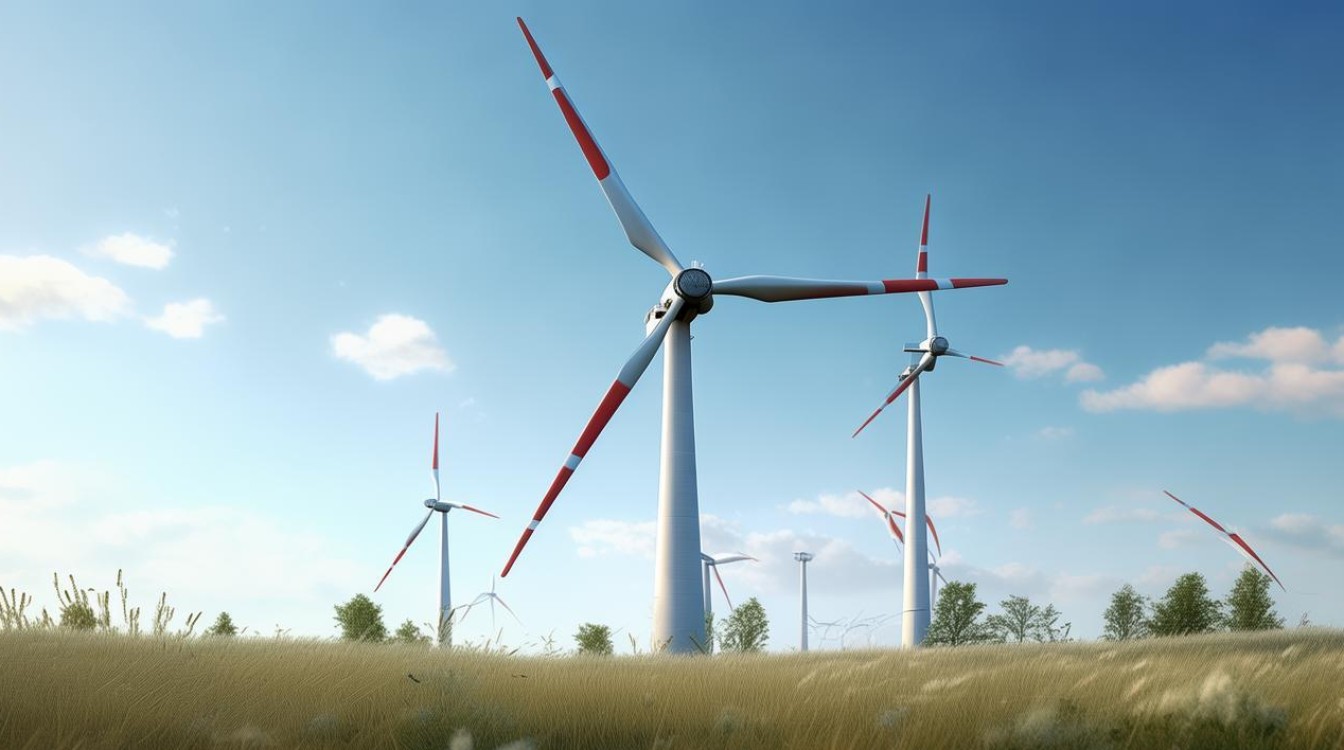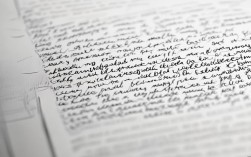Harnessing the Power of Wind: A Guide to Elevating English Essay Writing

Writing a compelling English essay is like harnessing wind energy—both require precision, strategy, and a deep understanding of fundamental principles. Just as wind turbines convert natural forces into electricity, effective writing transforms ideas into clear, persuasive communication. Whether you're a student or a professional, mastering English essay writing opens doors to academic success and career advancement. Here’s how to refine your skills systematically.
Lay the Foundation: Grammar and Vocabulary
Strong essays rest on impeccable grammar and a rich vocabulary. Errors distract readers and undermine credibility. Focus on:
- Tense Consistency: Ensure verbs align with the timeline of events.
- Subject-Verb Agreement: Singular subjects take singular verbs; plural subjects take plural verbs.
- Precision Word Choice: Replace generic terms like "good" with vivid alternatives like "beneficial" or "remarkable."
Tools like Grammarly or Hemingway Editor can spot mistakes, but manual proofreading remains irreplaceable.
Structure: The Framework of Clarity
A well-structured essay guides readers effortlessly. Adopt this classic framework:
- Introduction: Hook the reader with a startling fact, quote, or question. Clearly state your thesis.
- Body Paragraphs: Each should focus on one idea, supported by evidence (examples, statistics, or quotes). Use transitions like "furthermore" or "conversely" to connect thoughts.
- Conclusion: Reinforce the thesis without repetition. End with a thought-provoking insight or call to action.
For instance, an essay on renewable energy might begin: "Imagine powering entire cities without burning a single fossil fuel. Wind energy makes this possible."
Research: Fuel for Persuasion
Credible sources lend authority. Rely on:
- Academic journals (Google Scholar, JSTOR)
- Government publications (.gov websites)
- Reputable news outlets (BBC, The Guardian)
Always cite sources to avoid plagiarism. APA or MLA formats are widely accepted.
Style: Voice and Tone
Adapt your tone to the audience. Formal essays demand objectivity, while personal narratives allow creativity. Techniques to enhance style:
- Active Voice: "Scientists developed the technology" is stronger than "The technology was developed by scientists."
- Conciseness: Eliminate fluff. Instead of "due to the fact that," write "because."
- Varied Sentence Length: Mix short, punchy sentences with longer, detailed ones for rhythm.
Practice: The Wind Turbine of Progress
Regular writing hones skills. Try these exercises:
- Daily Journaling: Reflect on current events or personal experiences.
- Peer Reviews: Exchange essays with classmates for feedback.
- Prompt Challenges: Use topics like "The Future of Renewable Energy" to stretch creativity.
Editing: Polishing the Blades
First drafts are rarely perfect. Edit ruthlessly:
- Cut redundant phrases.
- Ensure each paragraph serves the thesis.
- Read aloud to catch awkward phrasing.
Leverage Technology Wisely
AI tools like ChatGPT can generate ideas, but over-reliance dulls originality. Use them for brainstorming, not drafting entire essays.
Common Pitfalls to Avoid
- Overgeneralization: Avoid claims like "Everyone agrees..." without evidence.
- Informal Language: Slang or contractions weaken formal essays.
- Neglecting Counterarguments: Addressing opposing views strengthens credibility.
Final Thoughts
Mastering English essay writing is a journey, not a destination. Like wind energy, it demands patience, adaptability, and respect for the process. Start small—refine one skill at a time. Soon, your essays will resonate with clarity and power, leaving a lasting impact on readers.
By integrating these strategies, you’ll not only meet academic or professional standards but also develop a voice that stands out in any discourse. The key lies in consistent effort and a willingness to learn from every draft.











